Report calls for tightening of NSW strip search laws, following 20-fold increase
Strip searches are only meant to be conducted by police as a ‘last resort’ under NSW law, but a damning new report has shown the practice has increased by 20-fold since 2006.
Central Sydney
Don't miss out on the headlines from Central Sydney. Followed categories will be added to My News.
Only 30 per cent of the almost 5500 strip searches conducted in the field in NSW in the year to July 2018 resulted in a criminal charge, a damning new report has revealed.
The University of NSW’s Rethinking Strip Searches by NSW Police report, commissioned by Redfern Legal Centre, has called for legislation to be tightened to prevent thousands of innocent people being subjected to the “humiliating” and controversial searches.
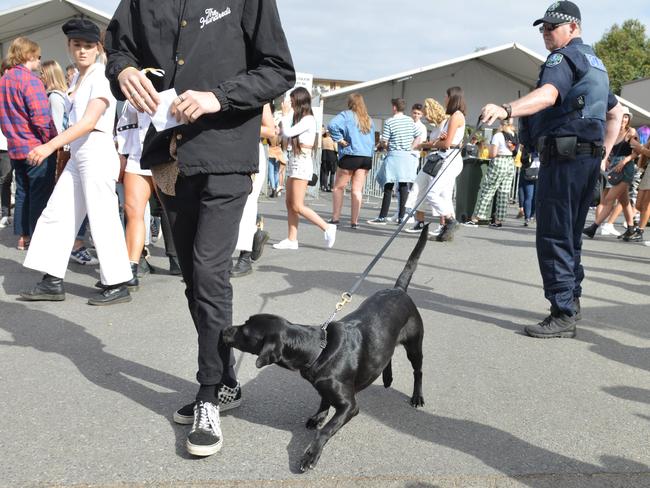
People like Lucy Moore, 19, who was pulled out of a line by police at a festival at Sydney Olympic Park earlier this year before being stripped naked in a room with a half-opened door.
Despite being found to not be intoxicated or holding any illegal substances, she was still subjected to an hour-long interview and was banned from the venue for six months.
“I did nothing wrong. I was never asked for my consent to be searched, let alone for my consent to be strip searched,” she said on Thursday.
“After being left naked and scared in front of complete strangers, I was asked to cough and squat.
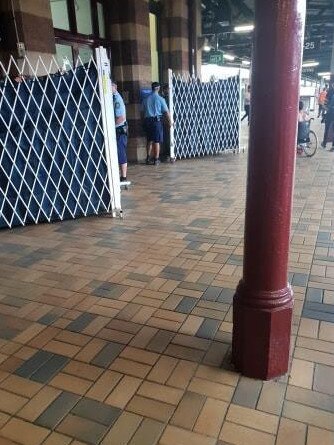
“Many of the things that happened to me on that day I now know to be unlawful.”
Under NSW law police have the right to conduct a personal search if they have a reasonable suspicion someone is concealing a dangerous or illegal item.
But a strip search can only be carried out in a situation of “urgency”, according to the Law Enforcement Powers and Responsibilities Act 2002.
The report found that the number of strip searches conducted in NSW had exploded 20-fold between 2006 and 2018, with 91 per cent of searches targeting drug possession.
It found that Sydney Olympic Park, the site of several major festival and sporting events, had the most field strip searches in the state with 736 between July 2016 and June 2018.
Sydney’s CBD (670), Moore Park and Centennial Park (558), Surry Hills and Paddington (373) and Taree in northern NSW (271) rounded out the top five.
People under the age of 25 made up 45 per cent of all field strip searches in the 2018/18 financial year.
Samantha Lee, head of police authority at Redfern Legal Centre, said strip searches were intended to be used as a “last resort not a first port of call”.
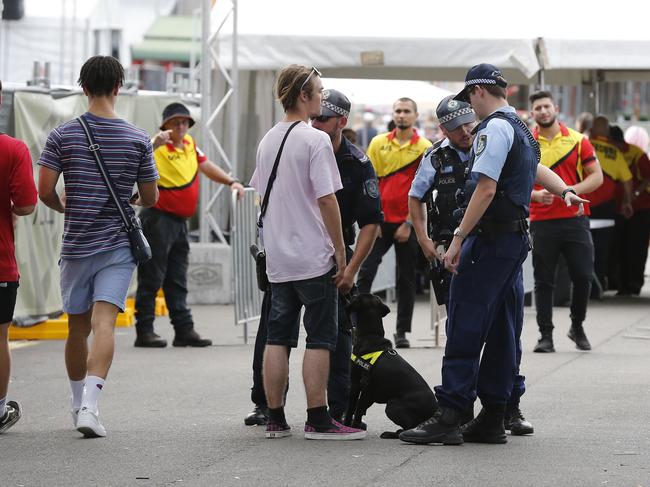
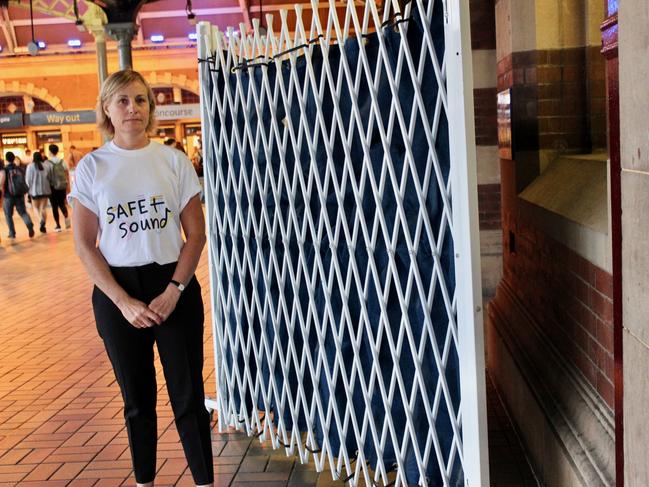
“This report and its recommendations do not take away police powers to conduct a strip search, but merely limit such powers in the way parliament intended,” she said.
The “vague” legislation had led to “insufficient training” of police officers, she said, which would be corrected by more clear guidelines.
A spokeswoman for NSW Police said in 2018 alone police detected one firearm, 93 knives or sharp instruments and 1553 instances of illicit drugs during field strip searches.
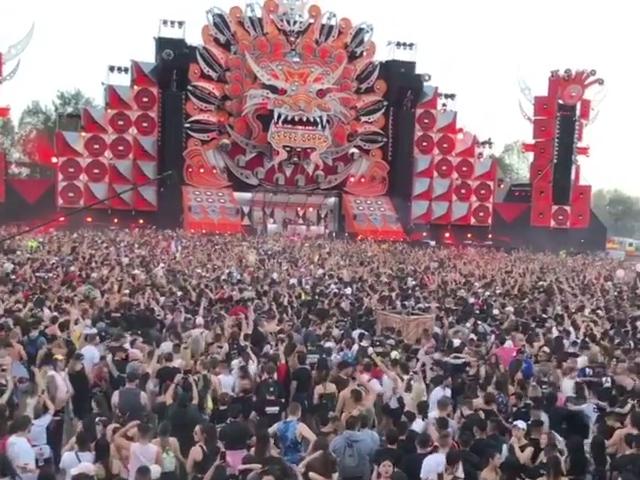
She said strip searches represented just one per cent of total searches conducted in NSW.
“Police officers do not enjoy carrying out strip searches, but it is a power that has been entrusted to us and searches reveal drugs and weapons,” she said.
“To put the numbers of searches in context, there were 71 music festivals and dance parties in 2017, attracting 390,000 people. In that year, there were 983 strip searches.
“That represents strip searching of 0.0025 per cent of attendees.”
